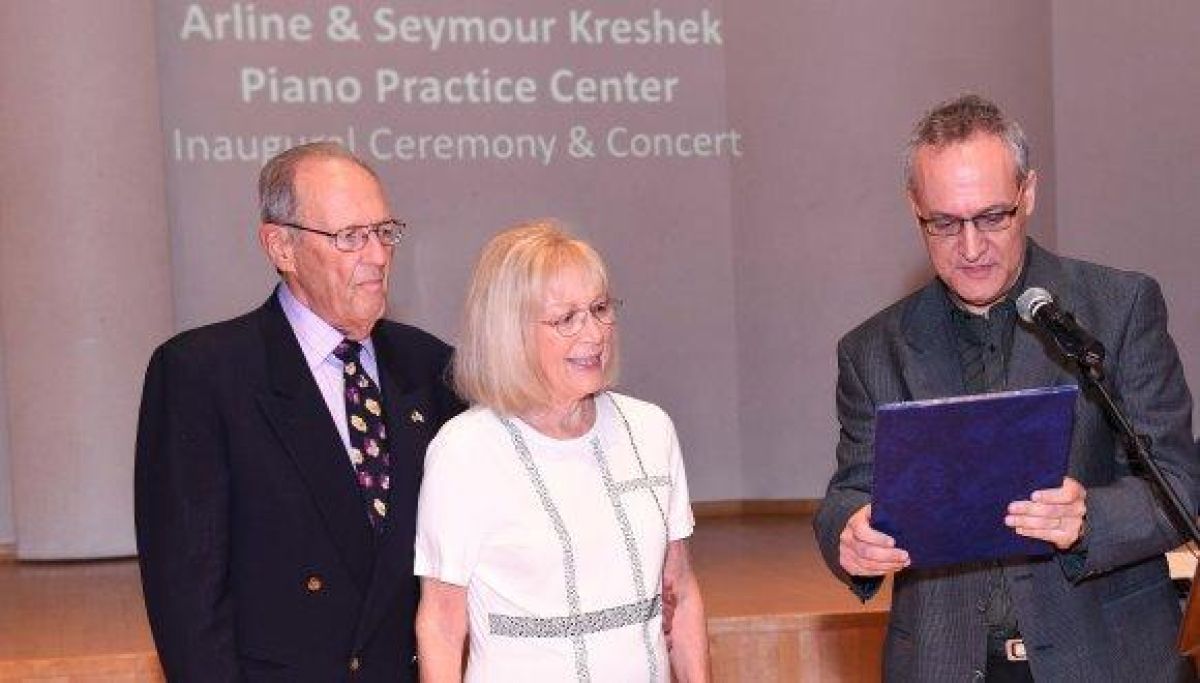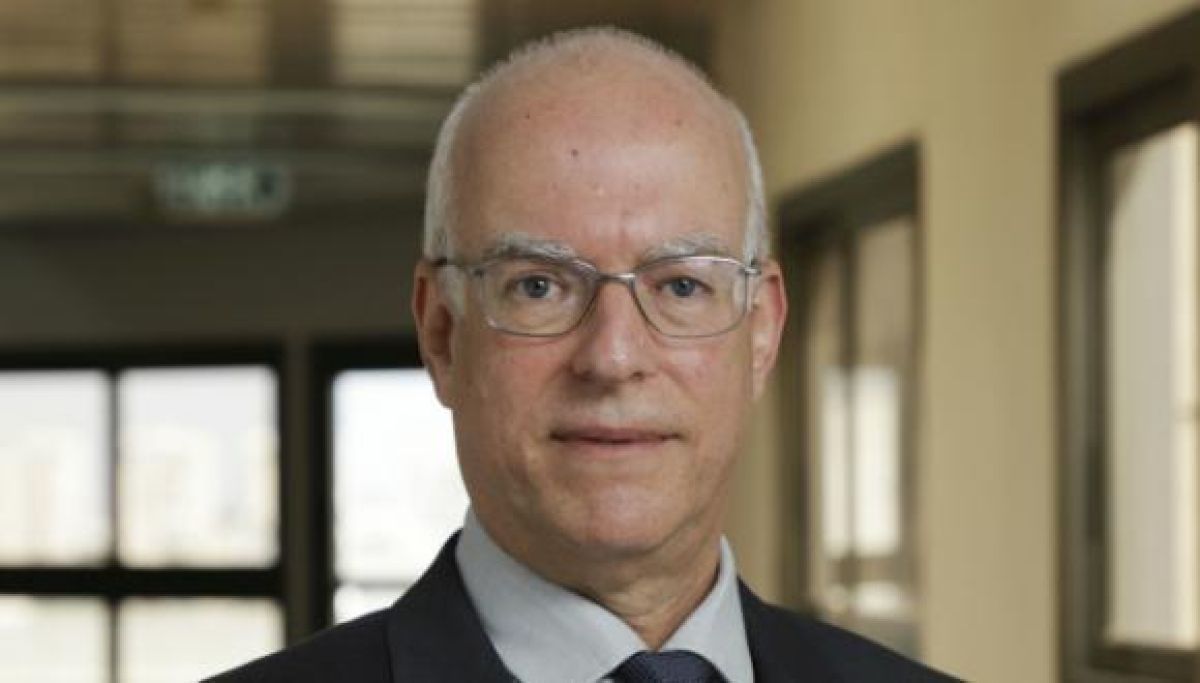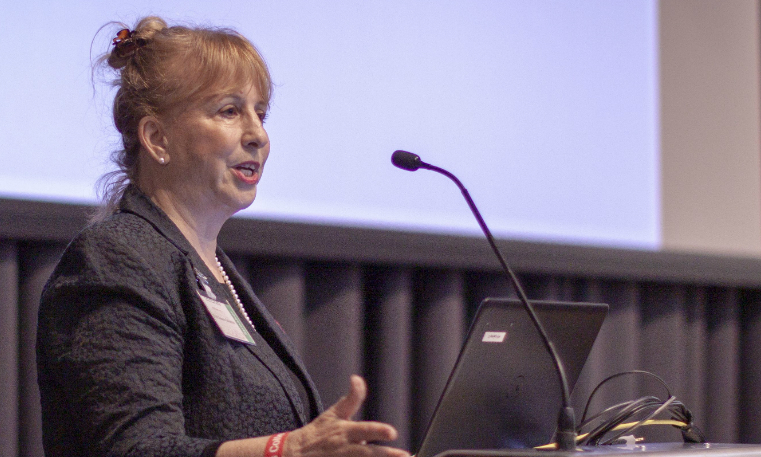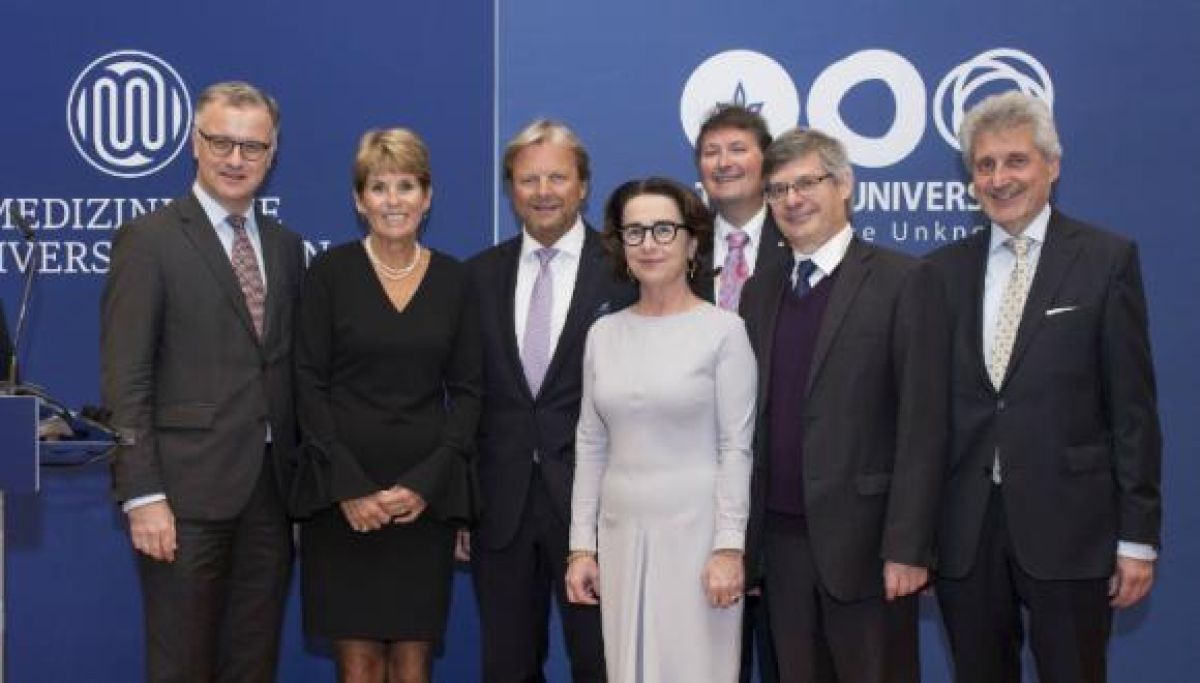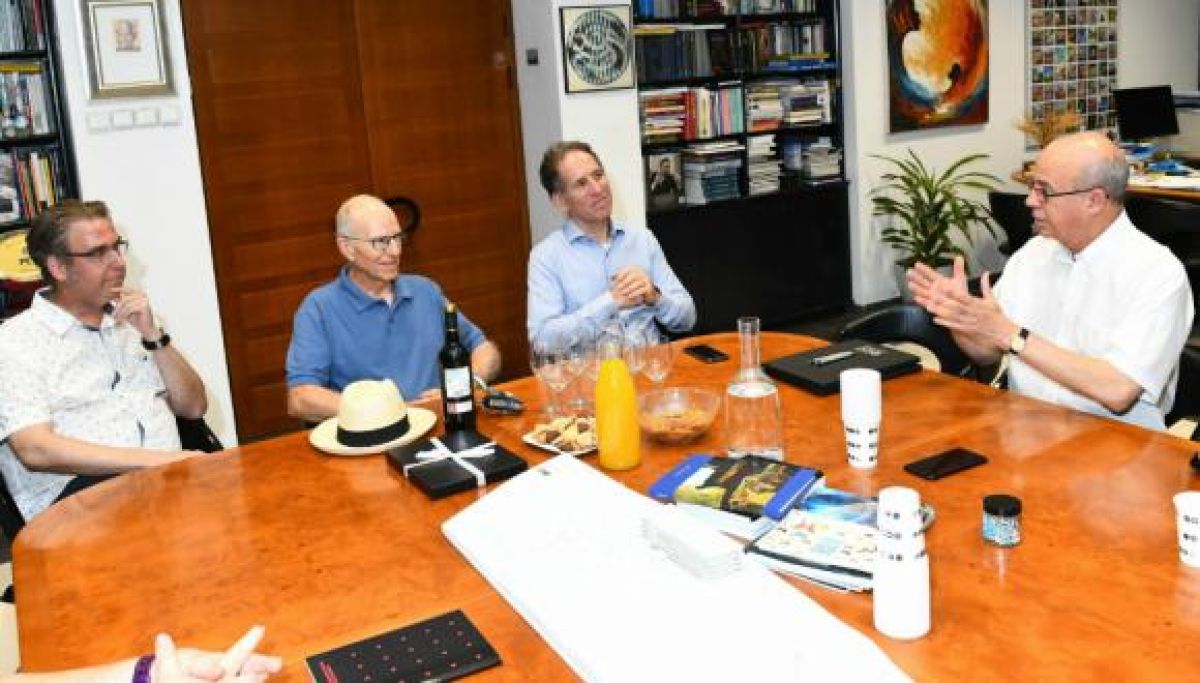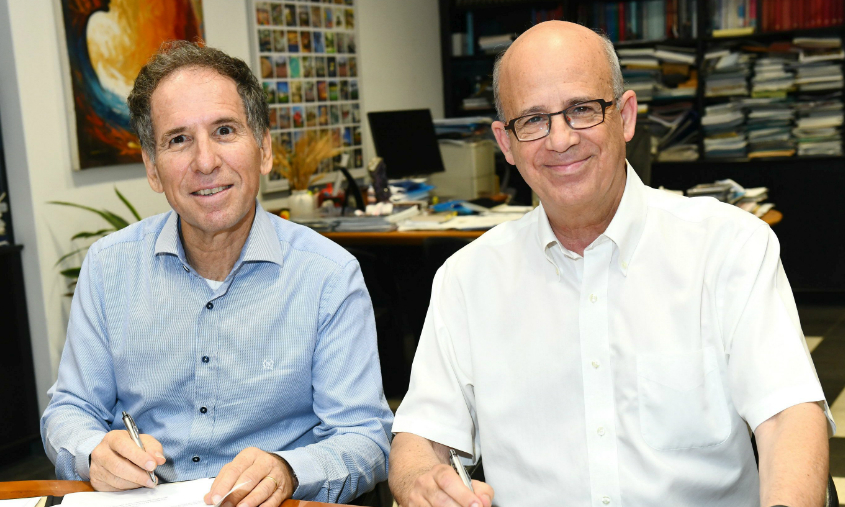What does former Canadian Prime Minister John Turner have in common with three Australian prime ministers, Bill Clinton and Ben Luria, a graduate of Political Science at Tel Aviv University? They all received the most prestigious scholarship in the academic world – the Rhodes Scholarship. Rhodes Sholars are considered “future leaders” and receive funding to study at Oxford University. The expectation is that in the future recipients will contribute to their societies and enter public life, although many have also been successful in the business world.
This year two Israelis received the Rhodes Scholarship, an honor not many Israeli students have recieved in the scholarship’s 116 year history. We are pleased to announce that this year one of them is a member of the TAU family – Ben Luria, who holds a Master’s degree in Political Science from Tel Aviv University. A moment before he packed up and went to England for two years, we asked him about his feelings and plans for the future, and also got a tip about his Spotify playlist.
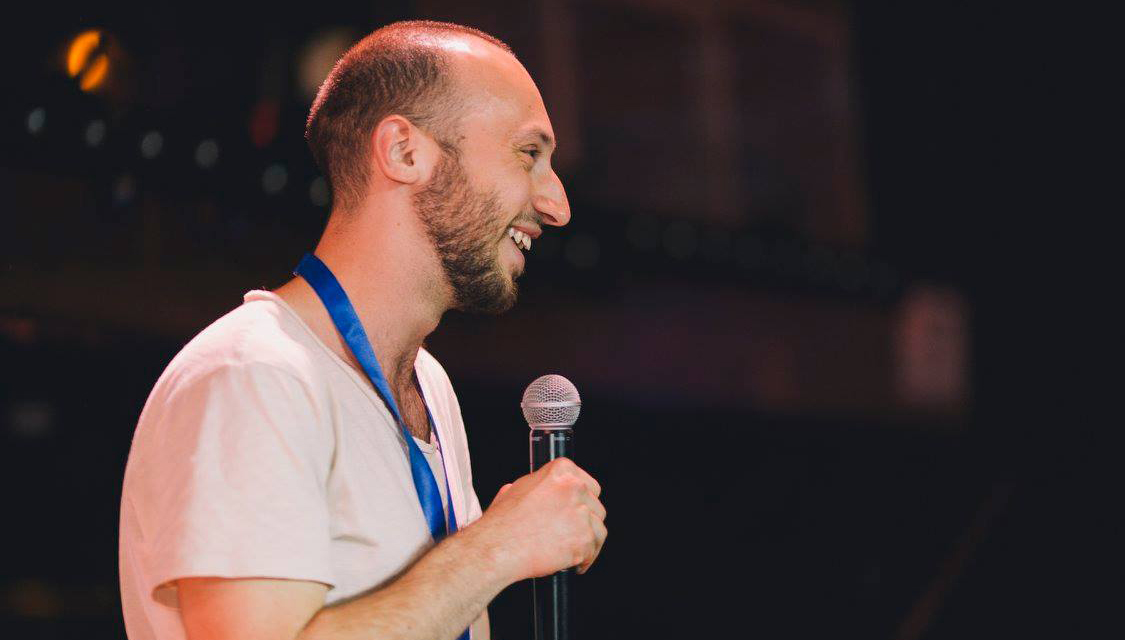
Ben Luria, recipient of the Rhodes Scholarship
Ben, in all honesty, did you think you’d get the scholarship when you applied?
I hoped, but I didn’t completely believe it. Seeing the high level of the scholarship required from the start, and then when I saw some of the other applicants and how impressive they were, I didn’t think I would be one of the recipients. Even in the introductory meetings with the selection committee and in the interviews themselves, I didn’t feel at any stage that I had it. But I brought my best self and my true self, my ideas and achievements but also my character, humor and honesty. Throughout the process, I made sure I was doing the best I could, and that helped to deal with my fears.
What does the scholarship mean to you? What will you be able to achieve with it that you haven’t been able to before?
Above all, it’s an amazing feeling that you know you were chosen for something like this. In my opinion, more than being a scholarship of academic ability, this is a leadership scholarship and it expresses confidence in my ability to bring about change in the future. The opportunity to study at an institution as esteemed as Oxford and to join such a distinguished family of influential Rhodes Scholars is a wonderful gift, and I hope to use the time there to learn and acquire tools that can serve me in the future and help promote change and social reform.
You were marked as a “future leader”. Where do you see yourself in ten years?
Working for the society in which I live, in the hope of being in a position of influence and leadership. It can be on the public level but can also be through the third sector or social entrepreneurship. In any case, I hope and believe that my future will be directly related to contributing to my community.
Tell us a bit about your academic journey at Tel Aviv University.
At the university I studied for a Master’s degree in Security and Diplomacy at the School of Political Science, Government and International Affairs. As part of one of my seminars, I was researched the struggle of the Persian Gulf countries against Iran and China-US relations, which is the continuation of a BA in Sociology and Communication at the Open University, which I began during high school.
Have you always been an outstanding student?
Not really. Although I wasn’t afraid of not graduating high school, as an opinionated person from elementary school to high school, I was suspended more than once. My parents have grown accustomed to receiving phone calls and summons from teachers. In fact, I wrote about it as part of the scholarship application. The house I grew up in was very free in its educational approach. It allowed me to delve deeper into my interests, in any way I saw fit. So in high school I found myself taking courses at the Open University out of personal interest.
What do you think studying the social sciences gives students?
I feel that social sciences allow us to understand the reality around us, a bit like unplugging from the matrix. The ideas you lean seep deep into your consciousness and give you the ability to analyze events from a much broader perspective: understanding trends in depth, understanding the social structures in which things take place, analyzing the behavior of the various players in the arena and their interests. Suddenly, news about a demonstration, a new agreement, a social phenomenon or a political turnaround take on deeper, even surprising, meanings. Aside from the fun of understanding the reality around you, I think it also makes us better and more active citizens.
Who are the lecturers at TAU who most influenced you?
In the program I studied there are lecturers from diverse backgrounds, each of whom brought with them a deep and unique knowledge of their field, along with great accessibility to students, which I believe is the key to true learning. I can mention and thank the head of the program, Prof. Ezer Gat, whose course on strategic thought was really profound, and Dr. Yoram Evron, who supported me in the study of China-US relations and helped me a lot thanks to his attempt to help me develop a new sphere of knowledge.
What’s one thing that you’ve gotten from your studies at TAU that will stay with for the rest of your life?
I see learning as a way to avoid freezing in place. The habit of constantly acquiring new knowledge and discovering areas that were foreign to you, and being in another framework besides the professional one, makes us better rounded people, in my eyes.
What will you miss most when you’re abroad?
I believe I’ll try to keep the home atmosphere going. I really like to cook vegan food, do yoga and try to go to as many live shows as possible, and believe that at Oxford I’ll find all these things too. I will miss the warm weather and the sea, but my playlists on Spotify will certainly help you, and you’re welcome to follow me! I’m BenLur93 or Ben Luria.
Before we say goodbye – do you have a tip for first year students?
Maybe it’s obvious, but I think it’s important to be interested in your field of study and your chosen courses. Obviously you have to think about your professional future and earning potential, but when you find a field you’re already drawn to everything becomes simpler. I chose these two degrees according to a strong personal interest in these fields, and this is what made the learning experience so positive for me.

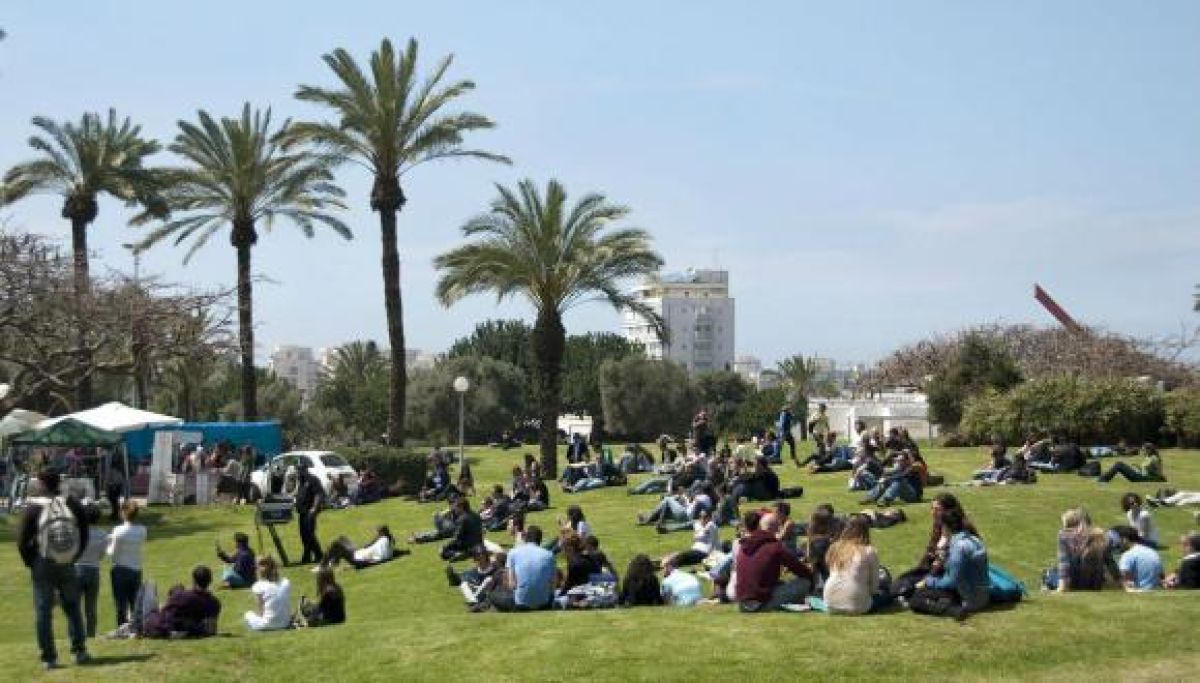
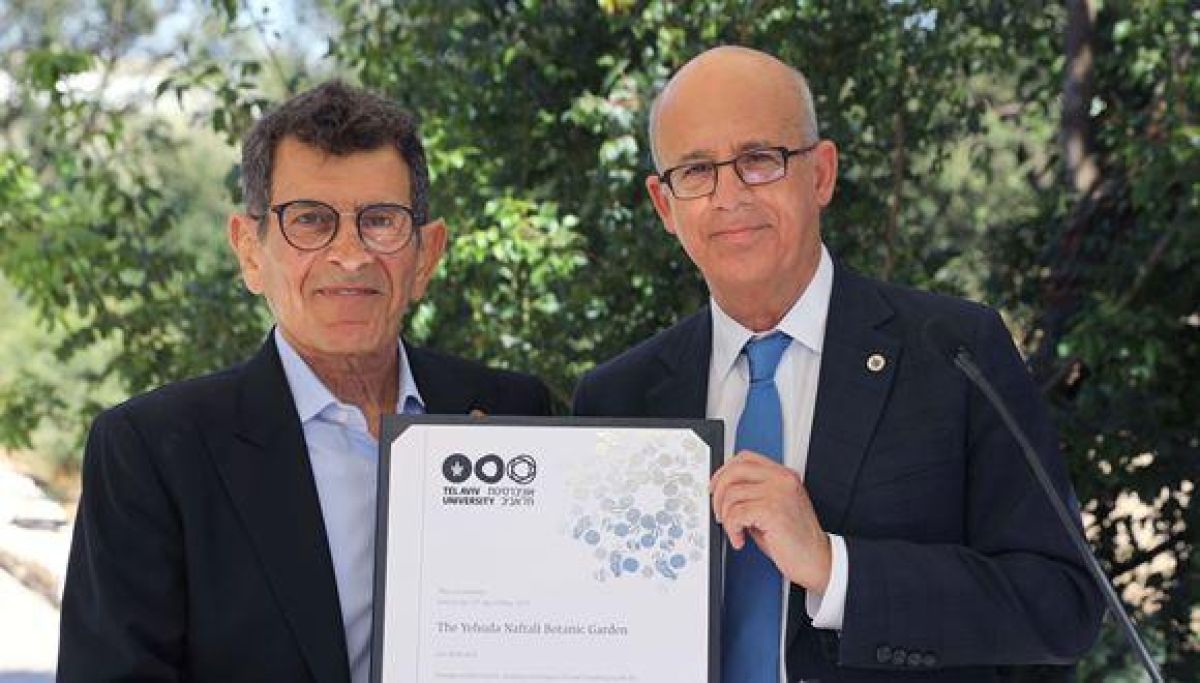
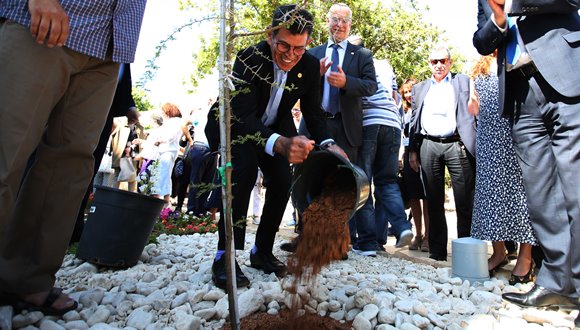 Yehuda Naftali planting a tree at the inauguration ceremony
Yehuda Naftali planting a tree at the inauguration ceremony
